Ask Ethan #38: How do I write a science blog?
There are many reasons and good approaches, but this advice applies to everyone.
“There is no greater agony than bearing an untold story inside you.”
-Maya Angelou
Each one of us has, inside our own minds, a set of internalized experiences, knowledge, identity and capabilities of reasoning unique to us all. Normally, as part of our Ask Ethan series, I share a little bit of what’s inside of me with you dependent on your questions and suggestions that you send in. But this week, our question is about the enterprise of doing exactly what I do each day here on Starts With A Bang, because Alexander Navarrete has asked:
I am very interested in sharing experiences in a research blog. Nevertheless, I am really new to blogging. Do you have any advise for those of us about to start a blog focused on research? What are the usual mistakes? What is the role of visuals? What should the “tone” be?
Every person who chooses to write — for any reason or about any topic — is bound to have their own motivations for doing so. (In fact, that’s probably true for any creative endeavor at all.) No set of choices is more “right” or valid than any other, but if you want to be successful, you should consider what success might look like for you. To start at the beginning, there are a number of questions I’d recommend you seriously begin asking yourself if you wish to go ahead and do this.

1.) Primarily, what is it that you’d like to write about? We all recognize that you are your own unique person, but your blog is going to have a theme, or a central set of ideas that your blog is going to focus on. Is it going to be around your own research experience, on a narrow topic like pulsar timing? Your specific field, like astrophysics, optics, or virology? A broad set of topics, like general science? Or perhaps you want to write about a more social aspect of your experience, highlighting particular issues of interest to you?
This is something — at least, in my opinion — that you should be thinking about before you begin your blog. It may change over time, you may become passionate about certain topics that you weren’t at first, and you may branch out into more general areas or hone in to more specific themes as time goes on, but gathering your thoughts is a must if you’re going to get started seriously.

2.) Who is the audience that you’re intending to write for? Especially if you’re writing about a more specialized field, you have got to consider your target audience. There are many possibilities here: are you writing for other professionals in your field? For graduate students? For undergraduates? For the general adult population? For children, or perhaps teenagers?
The reason I want you to think about this is because there is a base level of knowledge and technical fluency you’re going to assume your audience has. An audience that’s well versed in calculating QFT scattering amplitudes is very different from one that knows what a wavefunction is but not how to solve the Schrödinger equation, and those are different audiences from people who may have heard of atoms and molecules but don’t know what they are in any sort of detail. Considering what level your audience’s baseline of knowledge does not, as is commonly accepted, prevent you from talking about esoteric or complex topics, but it means you need to approach the conversation differently. So think about who you’re writing for.

3.) What are your goals for writing this blog? It’s very easy to simply dive in without a hard-and-fast goal, but this is a question you should at least think about. Is the blog itself a goal? And if so, does that mean you have traffic goals, engagement goals, or concrete things you’d like to accomplish? Do you have professional goals for it, like increased visibility for you and your research? Do you have broader goals, such as dreams of using the blog as a springboard for a book, a TV show, or something bigger? Or are you simply planning on using it as a testing ground, where you’ll be throwing a bunch of things at the wall and seeing what sticks?
The reason you want to think about this is because the decisions you’re going to make about every aspect of this: how you write, what you write about, who you write for, how often you post, how you promote your work and more are all going to depend on what you’re hoping to accomplish by doing it.
Now, for your particular case, Alexander, because you said you want to do a research blog, I’m going to give you some general advice that you can feel free to take-or-leave.

Write often. This will help you in ways you can’t even imagine as you start out. If people know they can visit your blog and find new content, they’re going to visit it more often. If you write frequently, the experience you gain from writing your early pieces will help inform you as to how you’d like to do it better in the future; no matter how good you are at the start, if you’re thoughtful about your work, your writing will improve as time goes on.
And if you can be self-critical and honest about your own writing:
- honest with yourself about where your gaps-in-understanding are,
- honest with yourself about where you could have explained something better,
- honest with yourself about when there’s a superior analogy to use, and
- honest with the world about it when you make a mistake,
then every post you write becomes an opportunity to become more successful at reaching your goals, whatever they are.
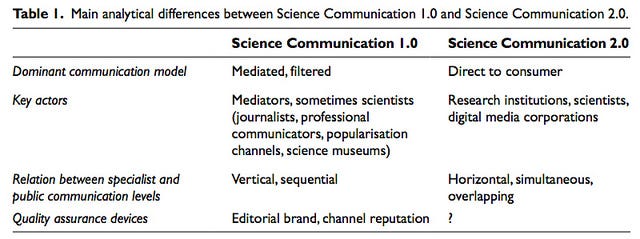
Find your own style. If you like images and you think they help your posts make points better, use them! Same deal with animations, sketches, videos, scientific paper citations and more. But if you use someone else’s material, credit it and — if possible — link to it. (That’s something I was very lax about when I started blogging back in 2008; something I now regret. I’ve gotten much better about it, over the past four years especially.)
If you’re an equation-oriented person or a graphical person, don’t pretend not to be. Just like there are many good ways to teach, there are many good ways to write, and you’ll be both happier and more successful if you find a style that you’re comfortable with.

Share your work with the online community. Yes, there’s the obvious stuff, like Facebook and Twitter, but did you know that there are communities of science bloggers, writers and active scientists who publish online? Did you know that there are blog carnivals out there, an ideal place for small/new bloggers to get their work in front of a larger audience? Are you aware of forums like Reddit, Ycombinator and Slashdot? Don’t be afraid to submit and talk about what you’re working on, and don’t be afraid to have a visible, engaging presence in the social world. And speaking of getting into the social world…

Be a real person. What do I mean by this? I mean that you are not simply a detached, personality-free set of facts. You are a person with thoughtful opinions, with nuanced understanding, with genuine questions and limits to your knowledge, and with kindness and compassion for at least some aspects of the world. Don’t hide that away; let it out in what you do! Presumably, you’re not starting a research blog because it sounds like the next logical step, you’re doing it because you’ve learned/are learning some things that you simply can’t hold inside for yourself any longer, and you need to share that with the world.
Well if you have that kind of passion in you, don’t squirrel it down and out of your writing; take ownership of it, and share it! I promise you, injecting that into your work is the most infectious thing you can do to make it appealing to others.
And that said…

Be prepared for the kind of negativity that only the internet can heap upon you. Crackpots, cranks, pseudoscientists and bitter people of all varieties, from the free-energy crowd to the poison conspiracy theorists to the racists and the sexists and the pedantic nitpickers to anything else you can imagine are all out there, and if they find you, they won’t hesitate to let you know exactly what they think about you. I’m a little more visible than most, and in my experience, I’ve been personally:
- threatened to have my life destroyed,
- been the target of anti-semitic attacks (which surprise me every time; anti-semitism in this day-and-age?),
- cursed out as being in the pocket of big government (or industry),
- called a partisan hack by people of polar opposite political ideologies,
- accused of fraud, suppression of scientific evidence and not understanding the very thing I worked so hard to become an expert in,
- and — most commonly — criticized for my honest scientific judgments, almost always by people without the expertise to make such critiques.
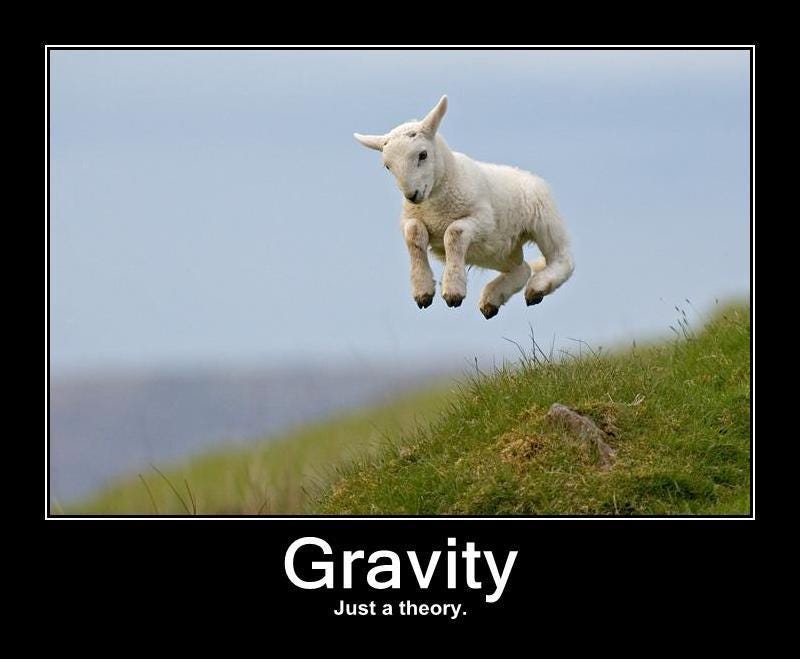
Now, this is just my experience, and keep this in mind: I’m white, I’m male, and I’m straight (and English is my first language). That’s already like winning the lottery many times over; in the game of life, I’m playing it on the easiest setting. And I still have gotten that kind of treatment. I’m just letting you know, it’s a jungle out there, and while you’re likely to find many supportive and interested people in your audience, the vast majority of them simply won’t comment or engage you, and a significant minority of the ones that do will have things to say that range from hurtful to shocking.
Be prepared for it, and don’t let the negativity dissuade you from the awesome job you know you’re doing. Most of it won’t be legitimate.
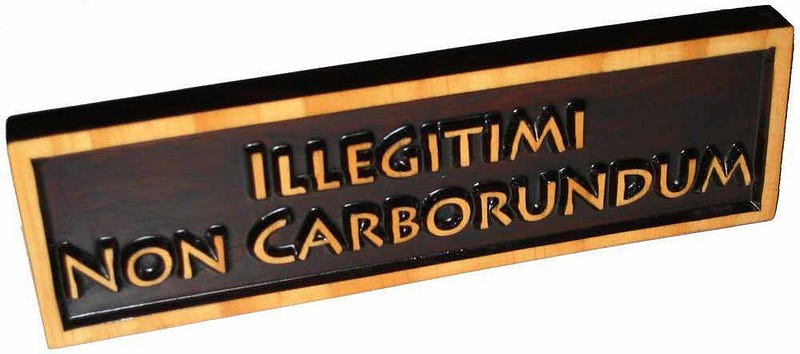
As for other small pieces of advice:
- Reach out to people in your field who you view as successful in the science blogging arena. Ask to guest blog, ask for advice, ask for feedback. For the most part, we all view ourselves as being on the same team: the team that cares about public understanding of science.
- Don’t act like a know-it-all. You know a lot, and you worked hard to get there. That’s why you have something worth saying! But don’t condescend, and — I know I said it before, but it needs to be emphasized — when you make a mistake, or get something wrong, admit to it.
- Try and start from common ground: from a place where you believe at least 80% of your target audience will be comfortable beginning from. Think about where you want the post to go, and take small steps, one-at-a-time, to get there. You may find that 75% of your piece is “background” and only 25% is the new stuff, and that’s okay! I guarantee that not only will there be good material that’s worth it for the higher-knowledge readers, but that those who come in with less expertise to start will appreciate it that much more. And finally…
- Have fun with it! If you’re an excitable person who talks with exclamation points a lot, who feels exclamation points, then use them! Be yourself, whoever that is. But don’t take yourself too seriously (even if you are serious), and remember, even if you’re getting paid for it, it’s still only a blog on the internet. And if you get something wrong, the next blog post is another chance to get it right.
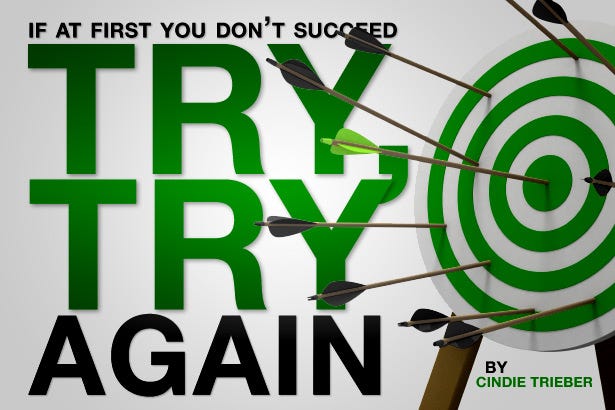
As far as your final question, “tone,” all I would advise is that you be kind, and be inviting. If you’re going to tell an amazing story — a story you’ve spent your life not only learning, but working to write the next chapter in — do your best to make that a story that as broad an audience can enjoy. Make it as simple as it can be as far as making it understandable, but don’t make it any simpler as far as excluding the essential details and nuance.
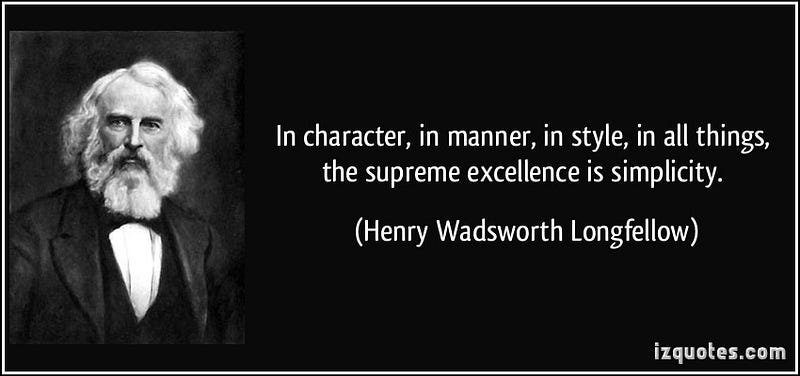
And — for what it’s worth — if you’d ever like to write a guest post here on Starts With A Bang, you (and anyone else with a Ph.D. in their field) are always welcome to contact me privately and pitch me an idea. From my perspective, the Universe is too wonderful to keep its secrets confined to the ivory tower of academia; the joys of knowledge should belong to us all! My own story of how I got started science blogging can be found here, but this isn’t about me. Improving the public understanding of science is about all of us!
And with that, we come to the end of today’s Ask Ethan. If you have a question or suggestion for what you’d like the next column to be, submit it here, and your idea just might be the next one!
Have a comment? Leave it at the Starts With A Bang forum on Scienceblogs!





